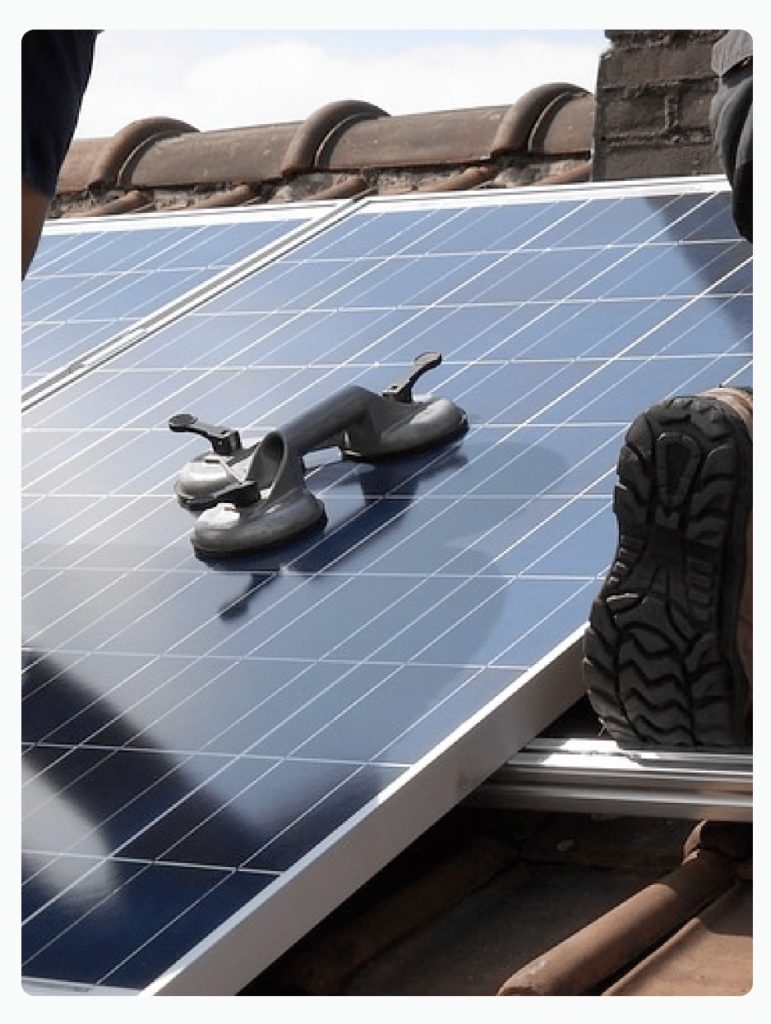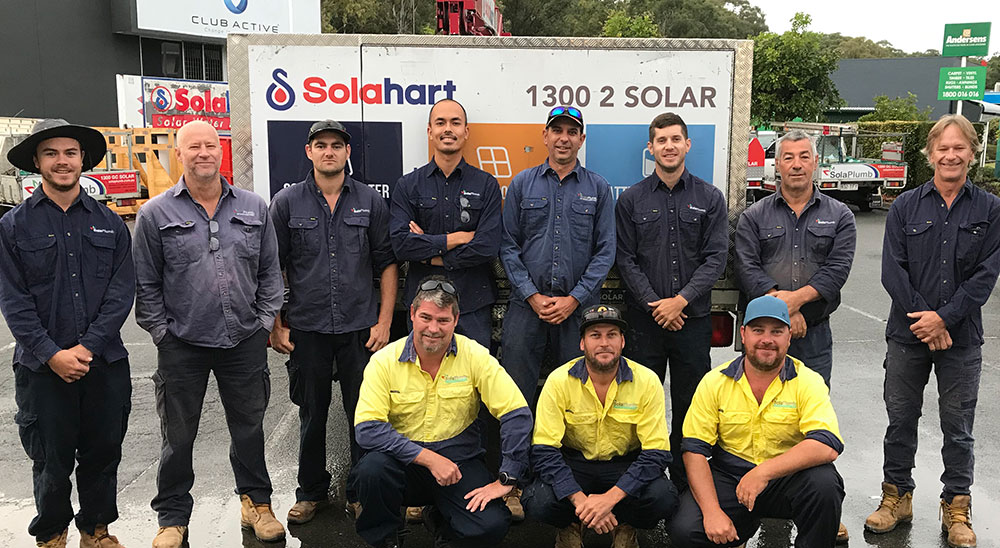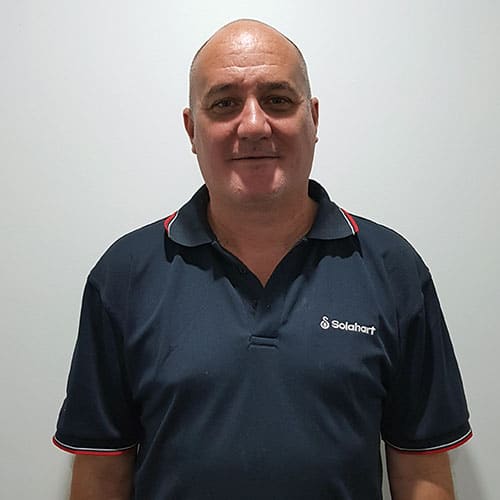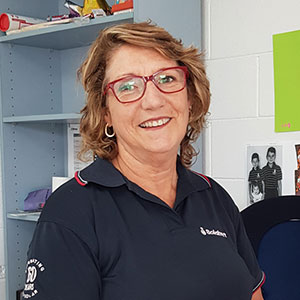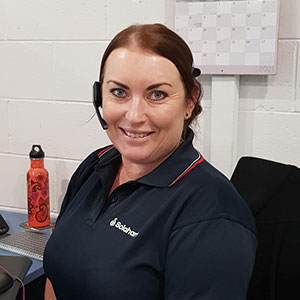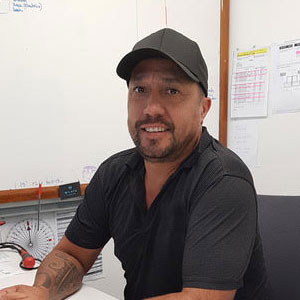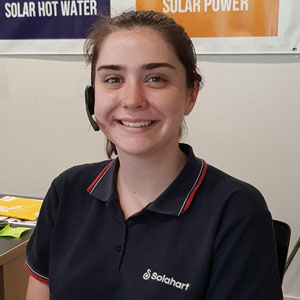The Top 5 Things You Need to Know Before Switching to Solar Energy
Setting the right expectations is critical when switching to solar energy. Before we choose a specific solar company, we first need to understand what the process of going solar entails. Here are the 5 important things you need to keep in mind:
1. North-facing roofs get the most sun, so they’re ideal for solar panels
The placement of solar panels is an important consideration for anyone looking to install this renewable energy source. North-facing roofs get the most sun, so they’re ideal for solar panels. However a system split between east and west facing roofs can also work very well.
Solar power providers will also need to take into account the amount of shading that a particular location receives. Trees, buildings, and other objects can block the sun.
The size of the roof is also a factor, as solar panels need a large surface area to function properly. With careful planning, any roof can be transformed into a power-generating powerhouse.
2. Solar panels come in different sizes and types
Solar panels are a common sight on rooftops and in open fields, but they come in a wide variety of sizes and types. The most common type of solar panel is the photovoltaic (PV) panel, which converts sunlight into electricity.
PV panels come in a variety of sizes, from small panels that can power a calculator to large arrays that can provide electricity for an entire home.
Another type of solar panel is the concentrated solar power (CSP) panel, which uses mirrors to concentrate sunlight onto a small area. CSP panels are usually much larger than PV panels, but they can be used to generate heat or electricity on a much larger scale.
Commercial solar power systems often use thin-film solar panels, which are less efficient than PV panels but can be manufactured in very large sizes. These panels are often used in solar farms and other large-scale installations.
Installing a solar PV system will require a careful consideration of the amount of power that you need to generate. A qualified solar installer will be able to help you determine the right size and type of solar panel for your needs. Whether you’re looking to power your home or your business, there’s a solar panel that’s right for you.
3. The initial cost of solar panels can be high, but the long-term savings are significant
For many homeowners, the initial cost of solar panels is a major barrier to going green. Solar panels are not cheap, and the installation process can be costly and time-consuming.
However, solar panels offer significant long-term savings that make them well worth the initial investment. For starters, solar panels can dramatically reduce your energy costs. Solar installers in Gold Coast typically offer a variety of financing options to help make going solar more affordable. Leasing arrangements, power purchase agreements (PPAs), and loans are all popular financing options.
In fact the average homeowner in Gold Coast can save over $10,000 over the lifetime of their solar panel system. Solar panels also increase the value of your home, making them a wise investment even if you do not plan on staying in your current home for the long term.
4. Direct sunshine is not necessary for solar panels to function
Contrary to popular belief, solar panels do not need direct sunlight to work. They can actually generate electricity on cloudy days. However, the amount of electricity produced will be less on cloudy days than on sunny days.
Solar panels work by absorbing sunlight and converting it into electrical energy. The sunlight that hits the panel is made up of photons. When these photons hit the solar panel, they knock electrons loose from their atoms.
These free electrons flow through the panel to create an electric current. Even on cloudy days, there are still photons in the sunlight that can knock electrons loose and generate electricity. However, there are fewer photons on cloudy days than on sunny days, so the amount of electricity produced is less. Despite this, solar panels can still provide a significant amount of power even on overcast days.
5. Solar panels require very little maintenance
Solar panels are a popular choice for those looking to reduce their reliance on fossil fuels, and they come with a number of other benefits as well.
One of the main advantages of solar panels is that they require very little maintenance. Once they are installed, they can provide years of trouble-free operation. In contrast, traditional power sources such as coal-fired power plants require constant monitoring and maintenance in order to keep them running smoothly.
Solar panels also have no moving parts, which means there are fewer opportunities for something to go wrong. As a result, solar panels offer a low-maintenance option for generating electricity.

